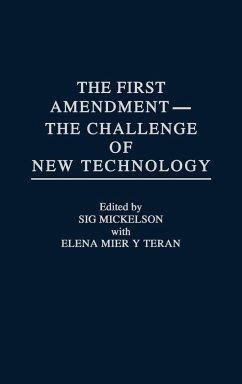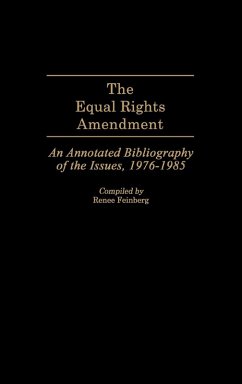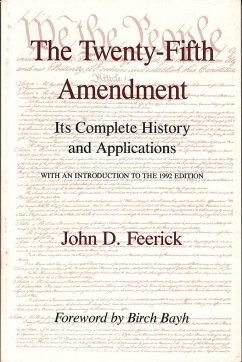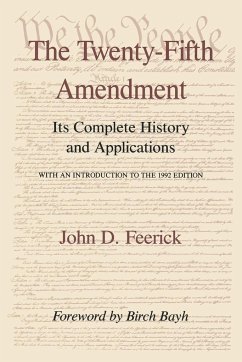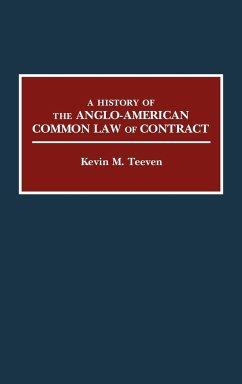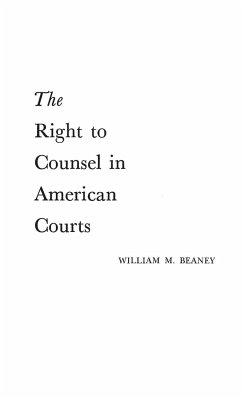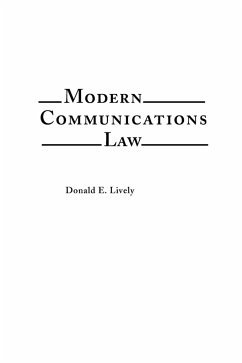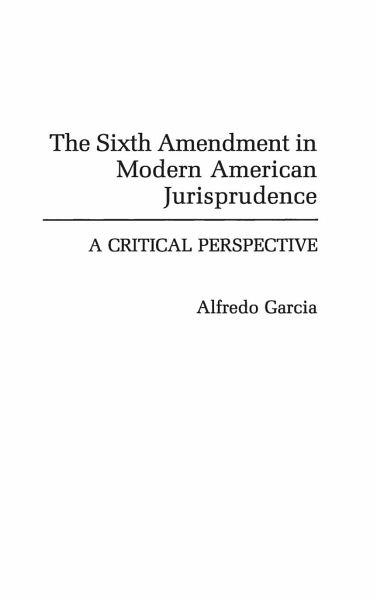
The Sixth Amendment in Modern American Jurisprudence
A Critical Perspective

PAYBACK Punkte
44 °P sammeln!
Garcia examines the last 30 years of Supreme Court decisions that have interpreted clauses of the Sixth Amendment and sees therein an erosion of the defendant's rights in criminal proceedings. The book argues that the Court's recent interpretations of the amendment have favored a "crime control" ideology and stressed efficiency in justice being served rather than the protection of the ideal of a fair trial. The six chapters address the rights to counsel, confrontation, compulsory process, a speedy trial, and a jury. The conflict between the rights of a free press and the individual defendant's rights to a trial free of prejudicial publicity is also analyzed.
Alfredo Garcia, who has been both a prosecuting and a defense attorney in criminal processes, reviews the United States Supreme Court's interpretations of the Sixth Amendment--the right to a fair trial--as they have evolved since the 1960s. He determines that the Court, with a few notable exceptions, has demonstrated doctrinal inconsistency and has failed to adhere to the core values embedded in the amendment. Garcia argues that the functional and symbolic roles of the Sixth Amendment have been eroded, and that this is particularly evident in the three clauses that provide defendants the means to respond to charges and to be assured of fair process. The clauses considered specifically involve the right to counsel, the right to confrontation, and the right to compulsory process. The Supreme Court's emphasis in more recent years is perceived to be on efficiency rather than on protecting the ideal of a fair trial. The six chapters cover the rights to counsel, to confrontation, to compulsory process, to a speedy trial, and to a jury trial, and the sometime conflict between a free press (First Amendment) and the Sixth Amendment assurance of a fair trial free of antecedent prejudicial publicity. This is a timely, much-needed, and substantive examination of the highest court's interpretations of a defendant's constitutional right to a fair, speedy trial.




